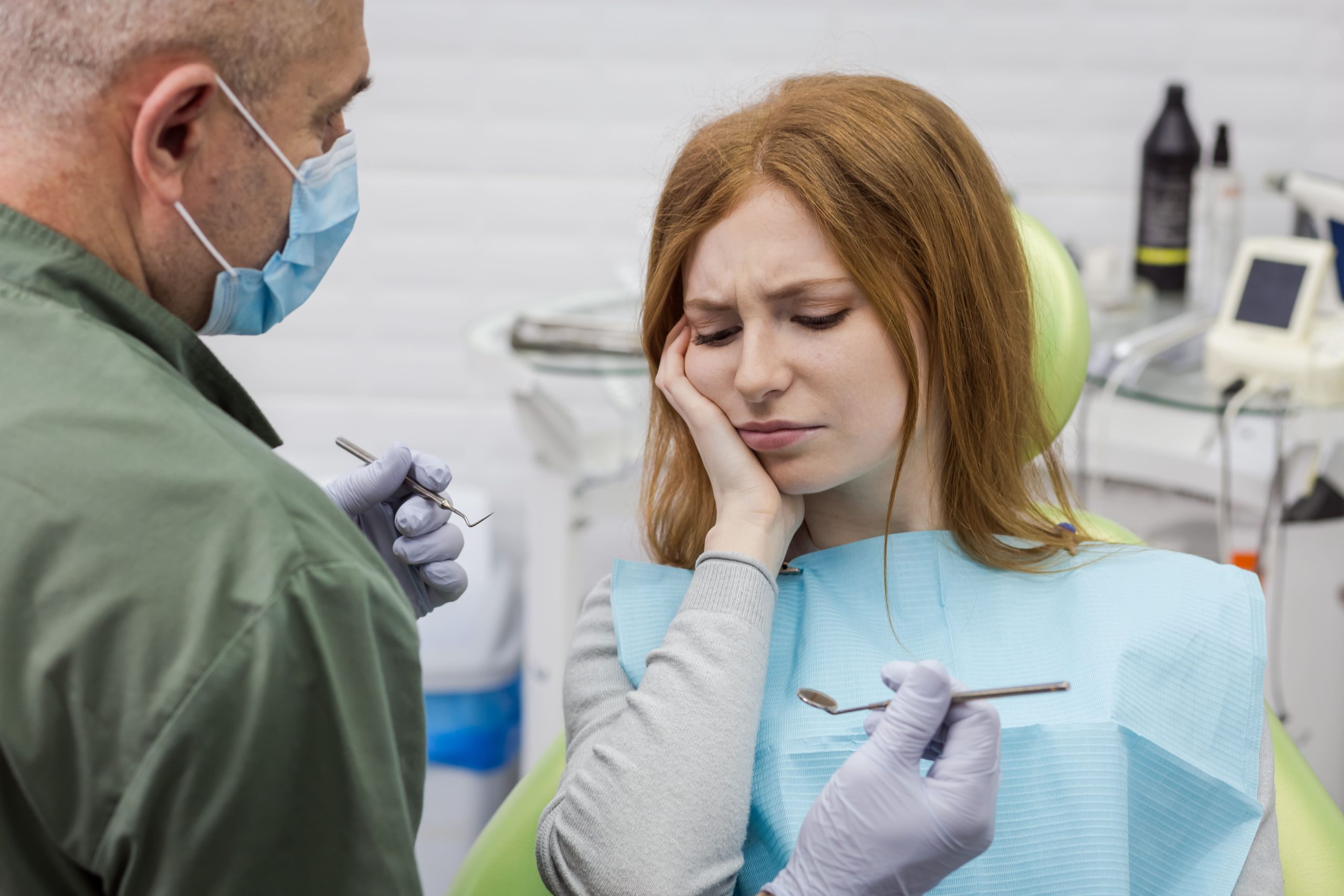Home » Worst Day After Wisdom Tooth Extraction Pain: What to Expect and How to Cope
Getting a wisdom tooth pulled is one of the most common dental procedures. It’s also one that a lot of people feel anxious about. One of the questions patients most frequently have is: when is the pain going to be the worst after wisdom tooth extraction? It’s important to know what to expect as you recover, so you can reduce your stress and handle the pain better.
When Is the Worst Day for Pain?
For many, the second and third days after surgery are usually the most uncomfortable. Soon after your extraction, the local anaesthetic and pain relief given to you by your dentist will normally keep you comfortable. But as the anaesthetic effect begins to wear off and swelling begins to build up, pain often increases.
The swelling and tenderness usually reach a maximum between 24–72 hours. It is normal to experience more discomfort at this time. The good news is that after you get past the peak days, the recovery is usually much easier and the pain is reduced.
Why Does Pain Peak on Day 2 or 3?
Inflammation and swelling are normal parts of your body’s healing response. That’s why pain and swelling can actually get worse a day or two after surgery. Your body will send increased blood flow and white blood cells to the extraction area in order to start the healing process. As your mouth begins to recover, this activity can lead to inflammation, swelling, and sensitivity.
This is temporary, and is usually a good indication that your body is healing. Most patients experience a significant drop in pain around the fourth or fifth day.
How Long Does the Pain Last?
- First 24 hours: Mild to moderate discomfort, easily controlled with medication.
- Day 2–3: Peak swelling and pain – this is the toughest stage for most people.
- Day 4–7: Pain and swelling should gradually improve.
- 1–2 weeks: Most people feel fully recovered, though healing beneath the gums continues.
If pain becomes worse after day 3 or 4, or if you notice unusual symptoms such as a bad taste, foul odour, or throbbing pain, contact your dentist. These may be signs of complications like dry socket or infection.
Tips for Coping with Pain After Wisdom Tooth Extraction
To make the worst days more manageable, follow these dentist-approved recovery tips:
- Take pain medication as prescribed – Don’t wait until pain is unbearable. Taking medication on schedule helps keep discomfort under control.
- Apply cold compresses – Place an ice pack on your cheek for 15 minutes at a time to reduce swelling.
- Rest and take it easy – Avoid strenuous activity, which can increase bleeding and delay healing.
- Stick to soft foods – Choose soups, yoghurts, smoothies, and mashed foods to avoid irritating the area.
- Keep your mouth clean – Gently rinse with warm salt water after 24 hours to prevent infection, but avoid vigorous rinsing.
- Avoid smoking or drinking through straws – These can dislodge the blood clot, leading to dry socket.
When to Call Your Dentist
Some discomfort is normal, but certain signs should not be ignored. Contact your dentist if you experience:
- Severe or increasing pain after day 3
- Excessive bleeding that doesn’t stop
- Swelling that continues to worsen
- Fever or chills
- Difficulty opening your mouth or swallowing
Prompt care ensures complications are treated quickly and healing stays on track.
If your pain increases after day 3 or 4 or you experience any unusual symptoms (eg. bad taste, foul odour, throbbing pain), let your dentist know. This could indicate a complication such as a dry socket or infection.
Wisdom tooth extraction recovery can be quite difficult and challenging to manage. However, if you follow your dentist’s aftercare instructions carefully, get lots of rest, and use some simple remedies to reduce your pain, you’ll make it through those tough days and be on the road to recovery.
Don’t forget: the few days of discomfort and pain that you experience after a wisdom tooth extraction is worth it in the long run for a lifetime of relief and a healthy smile.

